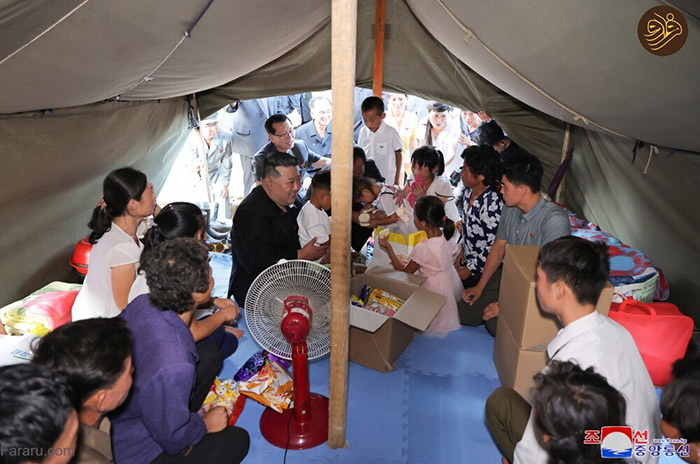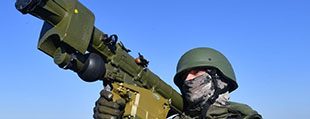Offers of International Assistance
In the wake of the floods, several countries, including Russia and China, have offered humanitarian assistance to North Korea. These offers come at a time when the country is facing severe economic difficulties, exacerbated by international sanctions, the COVID-19 pandemic, and ongoing food shortages.
South Korea has also extended an offer to provide aid, a gesture that could be seen as an attempt to foster better relations between the two Koreas. However, North Korea’s response to these offers has been cautious.
North Korea’s Rejection of External Help
During his visit, Kim Jong Un made it clear that North Korea would not seek outside help to recover from the floods. The KCNA quoted him as saying that the country would rely on “self-reliance” to address the disaster, emphasizing the importance of trust in the people and the nation’s ability to tackle problems independently.
This stance is consistent with North Korea’s long-standing policy of Juche, which advocates for economic and political independence. By rejecting foreign aid, Kim Jong Un is likely aiming to reinforce this ideology and maintain a narrative of strength and self-sufficiency, even in the face of adversity.
The Implications of Rejecting Aid
While the rejection of foreign aid may serve a symbolic purpose, it also carries significant risks. North Korea’s economy is already strained, and the additional burden of recovering from the floods without external assistance could further exacerbate the country’s economic woes. Moreover, the refusal to accept aid could limit the effectiveness of recovery efforts, potentially leading to prolonged suffering for the affected population.

